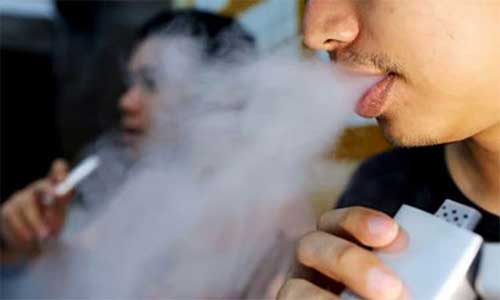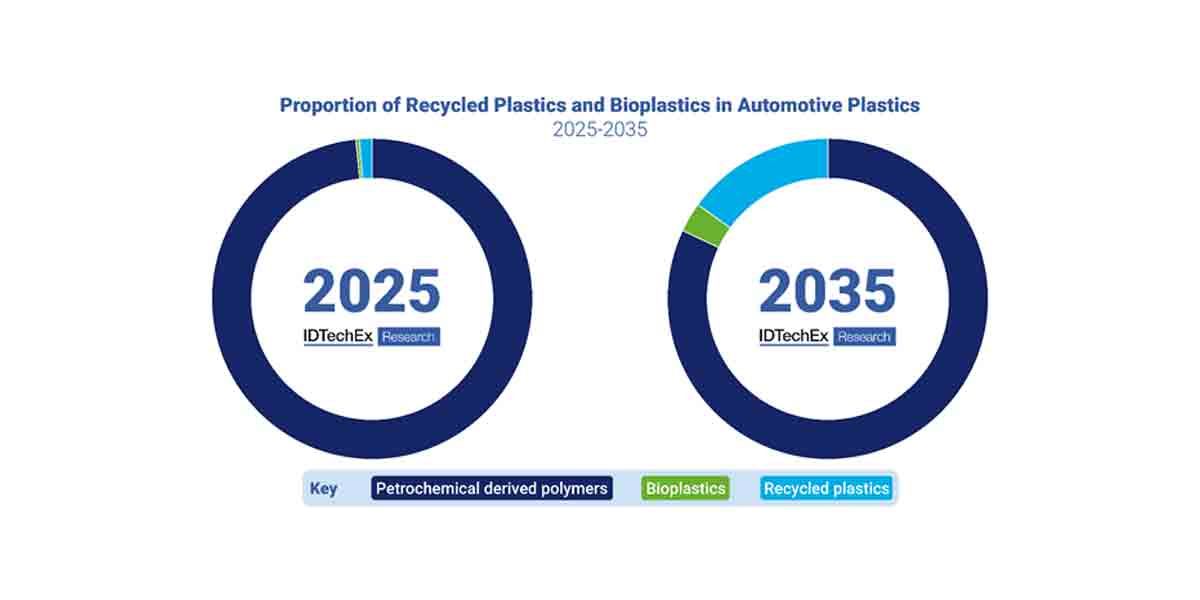
By Mariela Angella Oladive
Parents Against Vape (PAV) is urging lawmakers to strengthen vaping regulations by raising the minimum legal age for access to 21 and limiting vape flavors to plain tobacco and menthol.
The call comes in response to House Bill 11360, also known as the “Sin Tax Sabotage Bill,” which proposes lowering taxes on cigarettes, vapes, and e-cigarettes.
Passed on second reading on January 29, the bill outlines an incremental tax increase on tobacco, heated tobacco, cigarettes, and vapor products—rising 2% every even-numbered year starting January 1, 2026, and 4% every odd-numbered year from January 1, 2027, through December 2035.
PAV expressed concern that reducing taxes on these products would make them more affordable and accessible, particularly to young people.
“It directly undermines the purpose of the Sin Tax Law, which was created to discourage smoking and vaping by increasing prices and reducing consumption. Weakening this law will only worsen the growing crisis of nicotine addiction among young people,” the group stated.
PAV warned that making vapes more accessible could raise long-term health risks. While marketed as a less harmful alternative to smoking, vape products still contain nicotine, an addictive substance with serious health consequences.
“Vape products should be taxed just like cigarettes. A lower tax rate makes them an easy and attractive option. If we truly care about the health and future of our children, we must ensure that these harmful products are kept out of their reach,” PAV added.
The group also raised concerns about the increasing accessibility of vape products, particularly through online platforms and local stores.
“It seems like the products are being marketed as a lifestyle,” said Judy Delos Reyes, PAV project coordinator, during the group’s visit to Iloilo City on February 14.
Delos Reyes pointed out that the availability of sweet, fruity, and dessert-like flavors is a deliberate strategy to attract young users, making it easier for them to pick up the habit and develop a lifelong addiction.
“These products are clearly targeting children. They are marketed in ways that appeal to younger consumers, even though the industry claims its products are for adults of legal age. Their colorful designs and enticing flavors are a significant part of their strategy,” he explained.
PAV also called for restoring the Food and Drug Administration’s (FDA) authority over the marketing and distribution of vaping products.
“It should be health experts, not industry players, who have control over the marketing and distribution of these products,” the group said.
PAV emphasized that current regulations do not adequately address the rising risks of nicotine addiction among minors.
With the May 12 midterm elections approaching, the group is urging voters to elect leaders who prioritize public health and oppose industries profiting from addiction.























